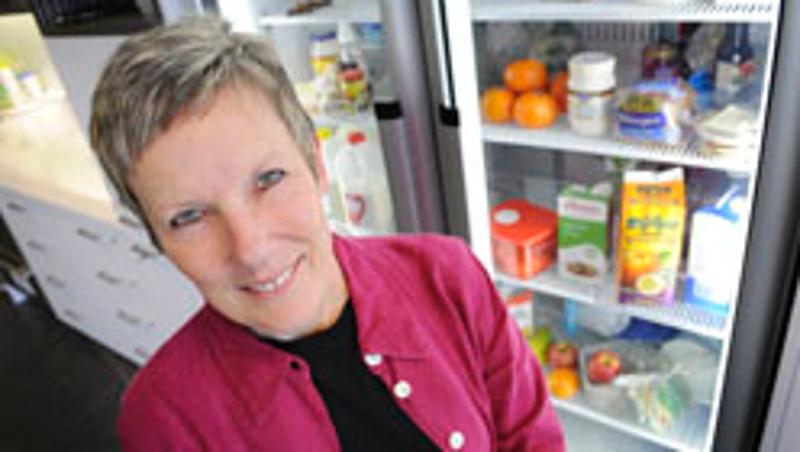
Treats for young children at Christmas and during the holidays do not have to be unhealthy time bombs, says a Queensland University of Technology nutrition expert.
Nutrition and Dietetics Professor Lynne Daniels said children, like adults, enjoyed food treats at Christmas and on other special occasions but some guidelines should be applied.
"It is okay for families to give their children food treats on special occasions but it may help to put some limits around what and how much to ensure your child is not getting too many treats,'' she said.
Professor Daniels, of QUT's Institute of Health & Biomedical Innovation, said it was likely the sorts of foods children were offered from babyhood had a major impact on what they learned to like throughout the rest of their lives.
She said families should try not to make "treat'' food more special than the healthy foods their child had come to enjoy.
"Rather than thinking of them as a treat, think of them as a food that is only eaten sometimes, compared to the five core-food groups we eat every day,'' she said.
"Both choice and serve size are also important. For example, a water- or fruit- based paddle pop or a single scoop of ice cream in a cone is a much better choice than a full-sized chocolate- coated ice cream - and more affordable too.
"Similarly, a small chocolate frog is better than a whole bar of chocolate.''
Professor Daniels said food, including "treat'' food, should be eaten at planned meal and snack times, not in-between.
She also advised families not to forget non-food special occasion treats.
"There are many ways to treat your child without food,'' she said. "How about playing a favourite game, reading a story or having an outing to a park or zoo?''
Professor Daniels suggested parents could put time and energy into being creative with healthy foods, rather than choose less healthy food.
Some healthy ideas:
- Use one slice each of brown and white bread to make healthy sandwiches
- Use a cookie cutter to shape sandwiches into stars, flowers, or other fun shapes
- Make mini-face pizzas on English muffins
- Arrange colourful fruit or partially cooked vegetables to make a face around a dip
- Use yoghurt and soft fruit such as mango to make iceblocks
- Use a sprinkling of icing sugar on a cup cake rather than rich icing
Professor Daniels is leading a QUT research program, Nourish: Your Child's Future Health Today, which examines nutrition and feeding practices in babies and toddlers.
Media contact: Elizabeth Allen, QUT media office, 07 3138 4494 or e1.allen@qut.edu.au


